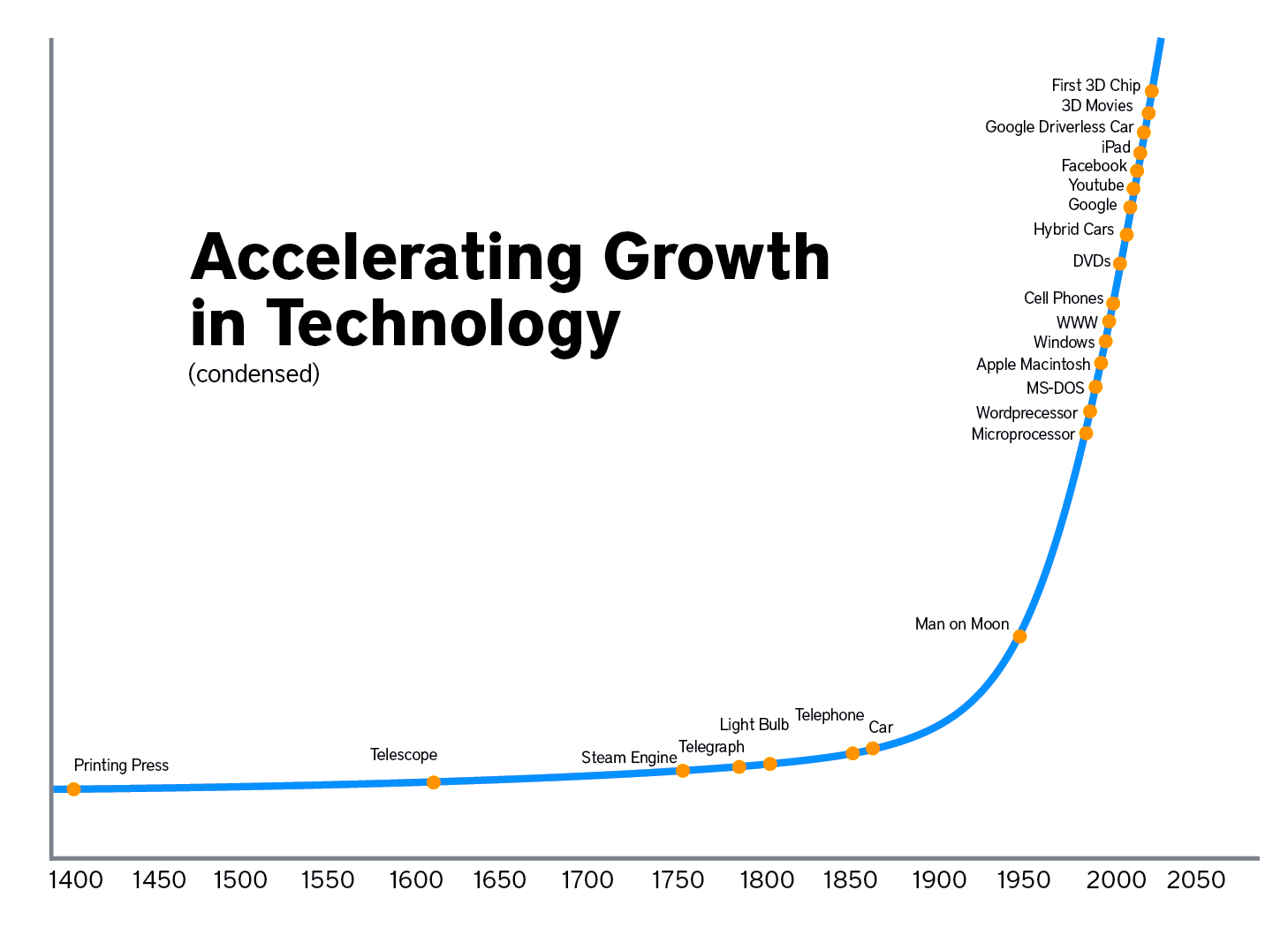Technology centers, or tech hubs, are regions where innovation, tech companies, and talent come together to drive technological advancements. The USA has long been home to some of the world’s most influential tech hubs. These centers not only shape the future of
technology but also have a significant impact on the global economy. From startups to established giants, these hubs are buzzing with activity, constantly pushing the boundaries of what’s possible in the tech world.
Overview of Major Technology Hubs
The USA boasts several major
technology hubs, each with its own unique contribution to the tech industry:
- Silicon Valley: Located in California, it’s the most famous tech hub, housing companies like Google, Apple, and Facebook.
- New York City: Known for its diverse tech scene, New York is home to finance-tech, media-tech, and many innovative startups.
- Seattle: With giants like Amazon and Microsoft, Seattle is a growing hub for software development and cloud computing.
- Austin: This Texas city has emerged as a tech hub, attracting tech companies with its favorable business climate and vibrant culture.
- Boston: Known for its research institutions and universities, Boston is a leader in biotechnology and robotics.
Each of these hubs plays a crucial role in the technological advancements shaping our future, offering unique ecosystems that foster innovation.
Factors Contributing to Growth of Technology Centers
The rapid growth of
technology centers across the USA is fueled by several factors:
- Access to Talent: Universities and research institutions provide a constant stream of skilled workers and innovators.
- Investment and Funding: Venture capital firms are drawn to tech hubs, offering startups the financial support they need to scale.
- Infrastructure: Modern infrastructure, such as high-speed internet and advanced transportation systems, supports the needs of tech companies.
- Collaboration and Networking: Proximity to other tech firms encourages partnerships, collaboration, and knowledge sharing.
- Government Support: Policies and tax incentives often favor technology companies, encouraging further growth.
These factors create an environment where both new startups and established tech giants can thrive, continually expanding these tech hubs.
Case Study of Silicon Valley
Silicon Valley is the world’s most iconic
technology hub, located in Northern California. It is home to many of the largest tech companies and startups that have reshaped industries. What makes Silicon Valley unique is its combination of factors that encourage innovation, growth, and success.Here’s why Silicon Valley stands out:
- Leading Companies: Tech giants like Google, Apple, Facebook, and Intel all have headquarters or major offices in the region.
- Venture Capital: Silicon Valley is also the center of venture capital funding, with investors providing early-stage funding to startups.
- Talent Pool: The area attracts some of the brightest minds from around the world, thanks to nearby universities like Stanford and UC Berkeley.
- Culture of Innovation: Silicon Valley’s culture encourages risk-taking, experimentation, and entrepreneurship. Failure is often seen as a stepping stone to success.
This combination has turned Silicon Valley into a powerhouse, where groundbreaking innovations like smartphones, social media, and AI have emerged. The region continues to evolve, adapting to new trends such as renewable energy and autonomous vehicles.
Emerging Technology Cities to Watch
While Silicon Valley is the most well-known tech hub, other cities across the USA are gaining attention for their growing tech scenes. These emerging
technology centers are attracting talent, startups, and investment:
- Denver, Colorado: Known for its quality of life and lower cost of living, Denver is becoming a hotspot for tech startups, particularly in software development and blockchain technology.
- Raleigh-Durham, North Carolina: This area is known for its strong research institutions and is a leader in biotech, data science, and software development.
- Salt Lake City, Utah: With a growing number of startups, Salt Lake City is emerging as a tech hub with strengths in cloud computing, fintech, and e-commerce.
- Nashville, Tennessee: Nashville is quickly gaining attention for its healthcare technology sector, along with its thriving music-tech scene.
These cities offer exciting opportunities for tech companies and professionals looking for vibrant, growing tech ecosystems without the high costs of traditional hubs like Silicon Valley or New York.
Impact of Technology Centers on Local Economies
Technology centers have a profound impact on local economies, reshaping industries and creating economic growth in several ways:
| Economic Factor | Impact |
|---|
| Job Creation | Tech hubs generate thousands of high-paying jobs, not just in tech but also in sectors like real estate, education, and transportation. |
| Increased Wages | The demand for skilled tech workers leads to higher salaries, which boosts local spending power. |
| Real Estate Boom | As more companies and professionals move into tech hubs, property values rise, leading to a boom in the real estate market. |
| Infrastructure Development | Governments often invest in better infrastructure, including transportation, housing, and public services, to support growing tech populations. |
While the growth of technology centers brings many benefits, it also presents challenges like rising living costs and increased traffic. Nonetheless, the overall impact on local economies is largely positive, driving innovation and opportunity.
Challenges Faced by Technology Hubs
As technology hubs grow, they also face several challenges that could affect their future development. While these hubs are driving innovation, they must navigate a few common obstacles:
- High Cost of Living: Tech hubs like Silicon Valley and New York City have some of the highest costs of living in the country. This can make it difficult for companies to attract and retain talent, especially for positions with lower wages.
- Housing Shortages: The rapid growth of tech hubs often leads to housing shortages. This drives up rental and property prices, making it harder for non-tech workers and even some tech employees to find affordable housing.
- Traffic and Infrastructure Strain: With more people moving into tech cities, infrastructure like roads and public transportation can become strained. This results in longer commutes and congestion, affecting the overall quality of life.
- Talent Competition: As tech hubs become more competitive, companies may struggle to attract the right talent. The competition for skilled workers is fierce, and companies often have to offer higher salaries and more perks to stand out.
- Gentrification: As tech workers move into areas, long-time residents may be displaced due to rising property values and living costs, leading to social challenges within the community.
These challenges need to be addressed if tech hubs are to continue growing in a sustainable and inclusive way.
Future Trends in Technology Centers
Technology centers in the USA are constantly evolving, and new trends are shaping their future. As we look ahead, several key trends are emerging:
- Decentralization of Tech Hubs: With remote work becoming more common, tech companies are no longer confined to traditional hubs like Silicon Valley. Smaller cities and even rural areas are seeing growth as tech talent disperses.
- Focus on Sustainability: Tech hubs are starting to prioritize sustainability. Green energy, eco-friendly buildings, and smart city initiatives are becoming more prevalent to reduce environmental impact.
- Diversification of Industries: Tech hubs are expanding beyond traditional software and hardware industries. Areas like biotechnology, artificial intelligence (AI), and renewable energy are becoming key sectors in tech centers.
- Globalization of Innovation: While the USA remains a major player in tech, international cities are becoming important innovation centers, offering competition and collaboration opportunities.
- Rise of Artificial Intelligence: AI is set to play a critical role in the future of tech hubs, with advancements in automation, machine learning, and data analytics driving growth and creating new opportunities.
As these trends unfold, technology centers will likely become more diverse, inclusive, and widespread, offering new opportunities across the country.
Frequently Asked Questions
What is a technology hub?
A technology hub is a region where there is a high concentration of tech companies, startups, and skilled professionals. These areas are known for driving innovation and economic growth in the tech industry.
Which are the largest technology hubs in the USA?
The largest technology hubs in the USA include Silicon Valley, New York City, Seattle, Austin, and Boston. These regions are home to many of the world’s leading tech companies and startups.
What challenges do tech hubs face?
Tech hubs face challenges like high costs of living, housing shortages, infrastructure strain, talent competition, and social issues such as gentrification.
How are tech hubs expected to evolve in the future?
Future trends include the decentralization of tech hubs, a focus on sustainability, the rise of AI, diversification into new industries, and globalization of innovation.
Conclusion and Final Thoughts
Technology centers in the USA play a crucial role in driving innovation, economic growth, and shaping the future of various industries. From the iconic Silicon Valley to emerging hubs like Austin and Raleigh, these tech centers provide fertile ground for both startups and established companies to thrive. While they offer incredible opportunities, they also face challenges such as high living costs, infrastructure strain, and gentrification.As the tech landscape continues to evolve, trends like decentralization, sustainability, and the rise of AI will shape the future of these hubs. The ongoing growth and adaptation of tech centers are key to staying at the forefront of global innovation.

 admin
admin








